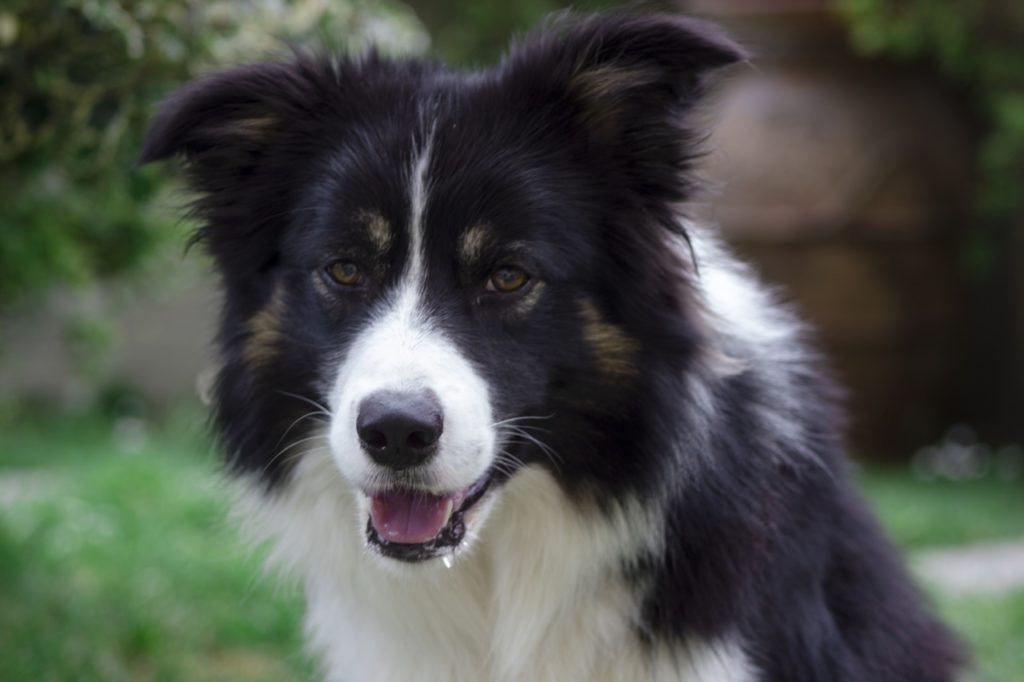The first-ever group of dogs trained to sniff out a Covid-19 infection in humans will finish its training next month, and be ready to go out into the field.
The project is being led by Dr Chris Callewaert, an expert in skin microbiology and, not to put too fine a point on it, body odour.
Dr Callewaert issued a call back in August for people to come forward who had been infected with the virus, so that a typical sweat profile could be drawn up that contains the signal odours of the disease.
“To be able to detect people with the coronavirus, the dogs must be trained with a certain odour profile. And we know that the coronavirus gives off a specific odour in the sweat,” he said at the time.
There is no danger involved for the dogs, he told VRT Radio 2.
“The corona virus is only spread through saliva and particles from the nose, not through the skin and sweat on the skin. If the virus is on the skin, it comes through a saliva or nose drop. We also only take a sample of the sweat, in which there is almost certainly no virus. We need the scent the virus gives to sweat.”
Some months on, and the 11 dogs taking part in the trial are ready to line up and get their degrees. Their number is made up mainly of Malinois, spaniels and Border collies, and one beagle.
“In principle, any dog can be trained to be a tracking dog,” Dr Callewaert told the VRT today. “But the longer the nose, the more scent receptors they have.”
To give the project more of a chance of success, the initial candidates – two of whom have since dropped out – were selected from dogs already in service sniffing out explosives for the army, drugs for the police or victims under the rubble for the fire service.
“But now they have received extra training, so that they can recognize the coronavirus.”
The training lasts six weeks: the first week the dogs receive only positive samples to accustom them to the odour profile. Then they have to distinguish a positive sample from a negative, using nothing more sophisticated than traffic cones.
“Over a length of four metres there are six cones, and in one of those cones there is a positive sample. The dog must then smell all the cones, and sit down by the positive sample. If he does that well, he will be rewarded.”
Now, during the last phase of training, the dogs are working with military sweat. Military personnel going on mission have to be tested for the virus as a matter of course, but now as well as the standard medical test, the troops are giving a sweat sample, which the dogs are expected to diagnose to the same standard.
And at the end of this month or the beginning of February comes one more test, and the dogs have graduated and can get (back) to work. Where that will be is not yet clear.
“We are still working out how we will do this in practice. But we would like to use the dogs for returning travellers at the airport, or at events,” Dr Callewaert said.
Alan Hope
The Brussels Times

